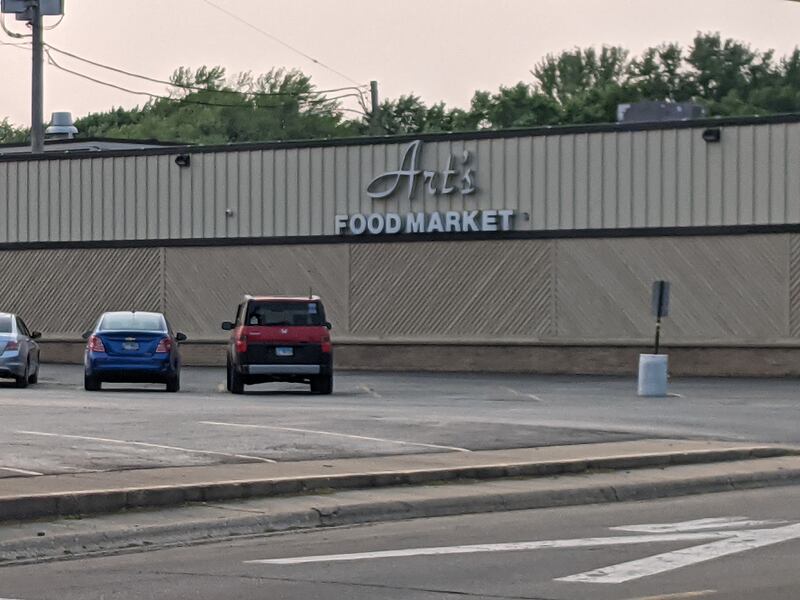Sandwich leaders are considering whether the city should implement its own grocery tax in light of the state’s 1% grocery tax expiring on Jan. 1.
Like other municipalities, Sandwich receives a share of that tax. That includes revenues from convenience stores.
Art’s Food Market is located in Sandwich. Other stores in Sandwich, like Dollar General and Walgreens, also sell food products.
Municipalities that want to implement a 1% local grocery tax that would take effect on Jan. 1 must approve an ordinance and file it with the Illinois Department of Revenue by Oct. 1.
“I’m of the opinion that the state should never take away our revenue,” Sandwich Mayor Todd Latham said during the June 2 Sandwich Committee of the Whole Council meeting. “They should take away their own revenue if they want to, but they should never take away our revenue.”
Latham noted the state did not consult with communities like Sandwich before making its decision to do away with the grocery tax. It is up to the City Council to decide whether the city should enact its own grocery tax.
:quality(70)/cloudfront-us-east-1.images.arcpublishing.com/shawmedia/PNLTLIQTTNH25K7GFM7NEEN7VY.jpg)
“My recommendation is that we put it back,” he said. “It is a source of revenue for us, and we can’t keep having those things diminished. So that will be something that the council will have to vote on.”
The city stands to lose about $20,000 a year in revenue when the grocery tax expires next year. Latham said that number could be greater once a Dollar Tree store at 3725 Drew Ave. is up and running.
Construction of the new store is set to begin in the coming weeks.
“They will start selling food products right adjacent to our neighboring community Plano,” Latham said.
Latham said he doesn’t think most people would notice whether the tax is removed or not. Other communities like Montgomery and Yorkville have approved a 1% local grocery tax.
The Sandwich City Council is set to discuss the issue at a future meeting.

:quality(70)/author-service-images-prod-us-east-1.publishing.aws.arc.pub/shawmedia/4874e1d5-91ae-4f41-9dee-92d8e733e407.jpg)